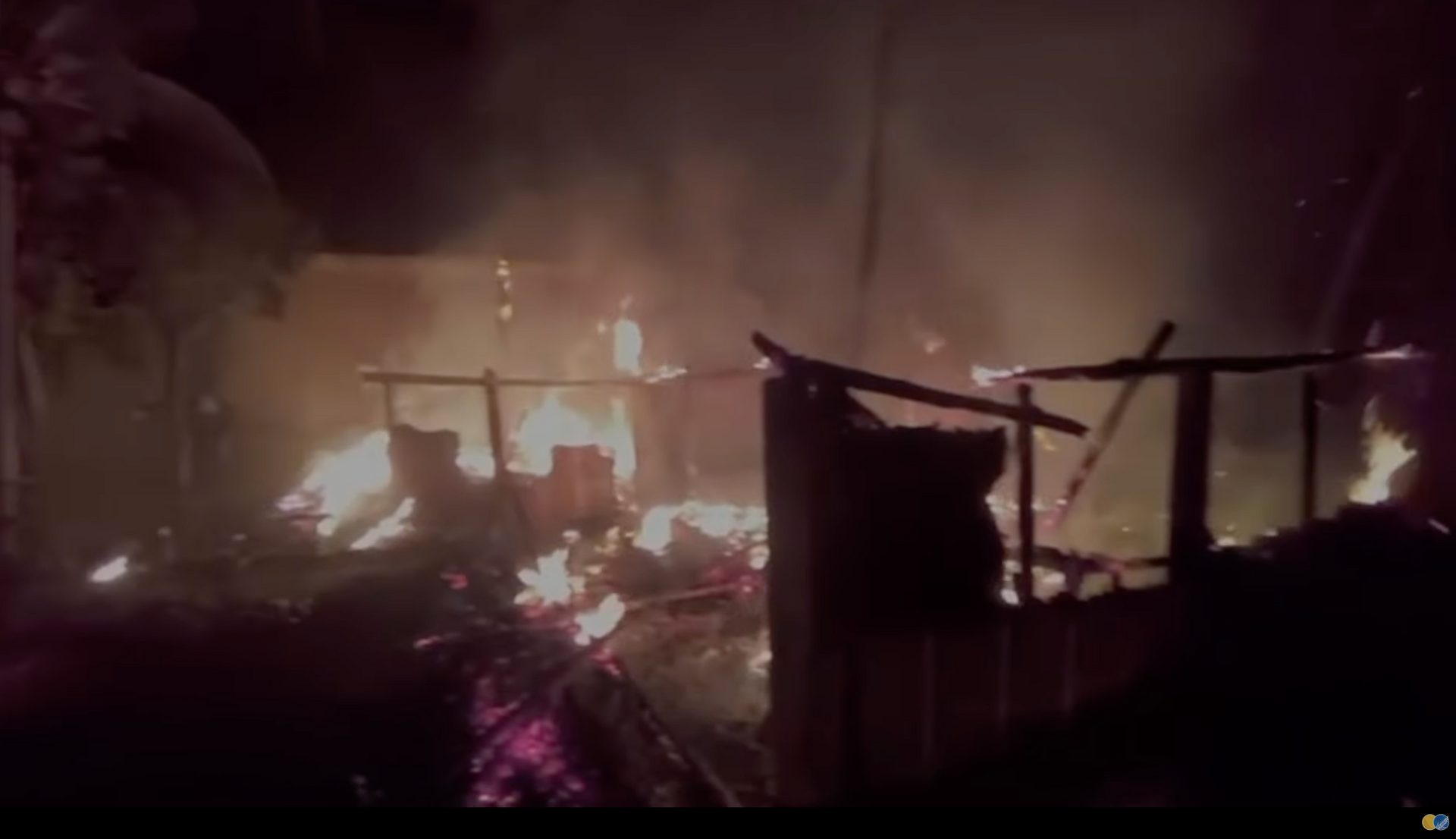© This article is an extract from Paul Hattaway's epic 656-page China’s Book of Martyrs, which profiles more than 1,000 Christian martyrs in China since AD 845, accompanied by over 500 photos. You can order this or many other China books and e-books here.
1900 - Francis Davis
July 31, 1900
Taigu, Shanxi
Francis Davis.
Francis W. Davis was not alarmed by rumours that hundreds of Boxers were planning to exterminate the Christians in Shanxi. In early June he expressed his opinion that the people of Shanxi were not going to “change the custom of centuries and begin to row and fight.”[1] His wife, Lydia, was spared martyrdom on account of being home in America at the time of the violence.
When it became apparent that the Boxer chaos was no idle threat, Davis decided to remain at his isolated mission station and fight it out. In the end he fled to Taigu and joined the other missionaries. A strong debate ensued between those who believed they were within their rights to defend themselves and their families by force when the Boxers attacked, and those missionaries who believed such action was wrong and futile. Of the missionaries at Taigu, all of the women and Howard Clapp were against armed resistance, while the main propagators of the idea were Francis Davis and George Williams. They were in possession of a few revolvers that they used to protect themselves against wolves as they travelled about the province.
The debate went on for weeks. Howard Clapp was an adamant pacifist, and was exceedingly unhappy to be sharing the same plot of land with armed missionaries. Francis Davis was equally steadfast in his views, and believed that if he didn’t do all he could to defend the women and children he would be a coward. In the end Louise Partridge sadly conceded, “We are a very divided company.”[2] A compromise was agreed upon. Nobody was permitted to fire their weapons unless the Boxers broke through the gates of the mission compound.
The last letter Francis Davis was able to send out was penned on May 28, 1900, and addressed to his wife Lydia. He concluded it with these words, “With love unbounded and full of joy in your sweet and precious love and love to all the folks. God be with thee till we meet again.”[3]
On July 31st hundreds of Boxers and soldiers stormed the mission compound, Davis kept them at bay for a few minutes before the mob overpowered him. He and about a dozen other believers fled to a small windowless shed at the back of the mission compound, where they sat as still as possible. A Boxer climbed onto the roof, perhaps hoping to look over the wall. His weight caused the roof to cave in, right on top of Francis Davis. Dozens of Boxers swarmed to the shed, where they rained bricks and rocks down upon the heads of the penned-in missionaries and their Chinese friends. Accounts vary as to what happened next. Some say
“the Boxes kept at it, heaving bricks, until everyone was dead; then they broke open the shed and beheaded the lifeless bodies. Others say that the Boxers broke a hole in the wall of the shed, filled it with straw, and set the straw on fire. The fire flushed the missionaries and Chinese from the structure…. After that, the Boxers cut off all their heads.”[4]
The next day the Boxers hung Francis Davis’ head on the North Gate of the city in triumph. Many hard-hearted people came and laughed at the fate of the missionary, throwing dirt at the head and shouting insults.
1. Brandt, Massacre in Shansi, 187.
2. Brandt, Massacre in Shansi, 234.
3. Brandt, Massacre in Shansi, 246.
4. Brandt, Massacre in Shansi, 253.





